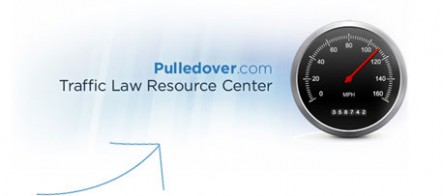Woodson Terrace Municipal Court
Woodson Terrace Municipal Court Traffic Attorneys
Woodson Terrace, MO Traffic Court
Woodson Terrace Traffic Lawyers
Did you get a ticket in Woodson Terrace, Missouri?
In 2018, Woodson Terrace Municipal Court issued 1527 tickets.
Stop Sign, Electric Signal Violation, Driving While Suspended, Possession of Marijuana, or any other ticket, our Woodson Terrace traffic lawyers can handle it where “no points” is the goal.
Woodson Terrace Speeding Ticket Traffic Law Defense
Did you receive a Speeding ticket in Woodson Terrace?
Our Woodson Terrace traffic lawyers handle speeding ticket defense, where “no points” is the goal.
Let our Woodson Terrace traffic law attorneys start helping you today. Fill out the form on the side of this page.
This page contains Court information and links for Woodson Terrace, Missouri.
Woodson Terrace Municipal Court
4323 Woodson Rd
Woodson Terrace, MO 63134
Phone: 314-427-2600 ext 147 or 131
City of Woodson Terrace, MO website.
Court Hours
Monday-Friday
8:30am – 4:30pm, on Court days the office will close at 4:00.
The Court tries matters such as violations of traffic code, maintenance code and other ordinances; and is held on the first Wednesday of each month at 6:30pm, unless the first Wednesday falls on a holiday, in which case the rescheduled date will be posted on our calendar.
Please note the following important information about paying fines:
- Speeding Violations are not“automatically set up” to pay online and require a call to the court’s office.
- Case(s) represented by an attorney that have received recommendation are also not “automatically set up” to pay online and request a call to the court office as well.
For information regarding warrants and disposition none will be given over the phone, you must appear in person with photo id.
Understanding Bonds:
A $100.00 cash bond is posted in person at the W.T. Police Station with either a State License or State ID card to cancel a W.T. Warrant and obtain a Court Date.
Once a bond is posted and a Court Date issued, then the bond may be applied in person on or before (depending upon case disposition) the court date given, at the court building, with State License or State ID. A Bond Consent Form must be filled out.

